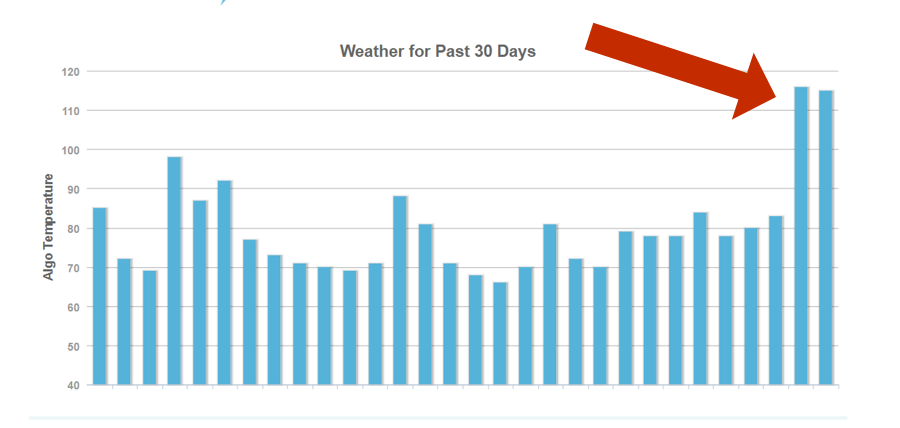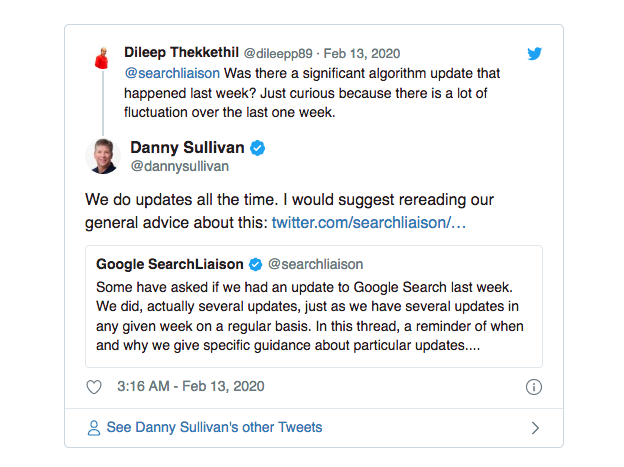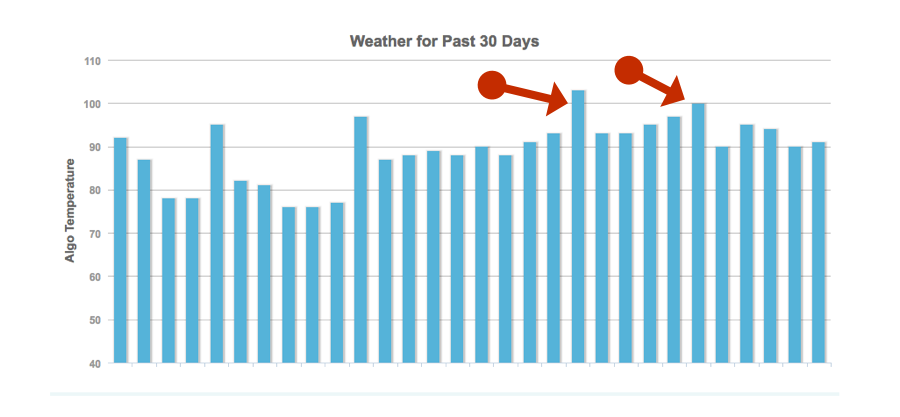Summary: I don’t think anybody in the SEO world is ready to claim they know what’s going on with Google and its SERPs, but we’re confident in saying the more closely we pay attention these things, the quicker and more prepared we’ll all be to act quickly and gain any available advantage.
While it might seem like a lifetime ago, back in January I wrote about Google’s move to de-clutter the first page of search results. And just 8 weeks later, we’ve seen Google make even more substantial updates that SEO pros should be watching intently.
To quickly recap, the clean-up we discussed two months ago aimed to streamline a searcher’s online experience by deduplicating search results. URLs in position zero with a featured snippet would no longer appear anywhere else on search engine results pages (SERPs) as they had previously. This update was great for users looking for a clean, organized experience; not-so-great for the marketers who’s URLs originally appeared twice on page one of the SERPs.
Of course, Google’s updates are never ending: their algorithms will forever evolve alongside user behaviors. They tend to tweak their algorithm hundreds of times a year. Naturally, we keep a very close eye on the search landscape and – in keeping with the general turbulent tone of 2020 – it’s been kind of unstable.
Let’s discuss what seems to have been a broad core search algorithm update and the significant fluctuations that caught the eye of SEOs everywhere. The sooner your business understands the changes, the sooner you can adapt, optimize and benefit from it.
The Choppy Waters of the Search Landscape
About two weeks after Google’s big featured snippet update, SEOs noticed a significant disturbance in the Forc—oh wait, wrong Galaxy. What SEOs in our Galaxy noticed was drastic changes in Google’s rankings over the course of a 48 hour period. One SEO I know called it, “The biggest two days in SERP disturbances in the last two years.”

The above is a screenshot of the MozCast from January and February of this year. For those unfamiliar with the MozCast, here’s how Moz describes its tool:
“MozCast is an experiment in tracking the “weather” patterns of the Google algorithm. While big updates like Panda and Penguin get a lot of press, Google revealed that they made 516 changes in 2010, and all evidence suggests that pace has continued. What we notice is barely the tip of the iceberg. MozCast was designed to help you keep track of the day-to-day changes in the Google algorithm. An average day in the SERPs is about 70°F.”
In the screenshot, you can see that on February 7, the MozCast was 116°F. On February 8, the Mozcast was 115°F. Big algorithm changes means hot and stormy weather, and this is some of the hottest and stormiest weather we’ve seen in the search results in recent memory.
What does it mean? And what has Google said about the turbulent times on search engine pages to start the year?
Credit to StanVentures for helping get all of us the answers to these questions, which they wrote about here.

Google’s answer coy, but we’re going to agree with Thekkethil here — it’s obvious something important is going on here.
Here’s a second screenshot of the MozCast, which I took on March 29th (it includes the previous 30 days).

The MozCast has remained at consistently turbulent temperatures throughout March, with most days clocking in well above that 70°F average. On March 18, the MozCast measured 103°F, and hit the century mark (100°F on the nose) a couple of days later on March 23.
I don’t think anybody in the SEO world is ready to claim they know what’s going on with Google and its SERPs, but we’re confident in saying the more closely we pay attention these things, the quicker and more prepared we’ll all be to act quickly and gain any available advantage.


